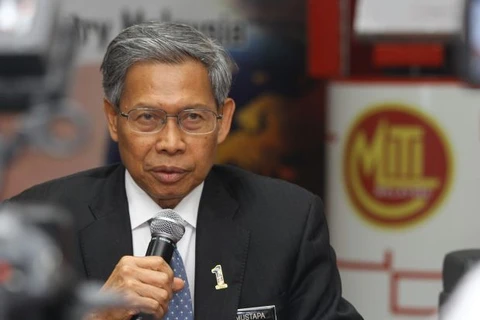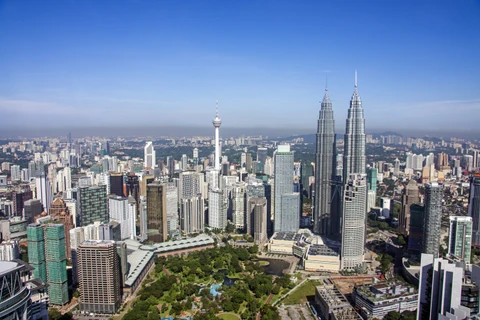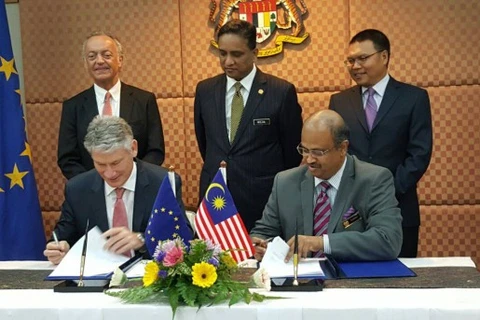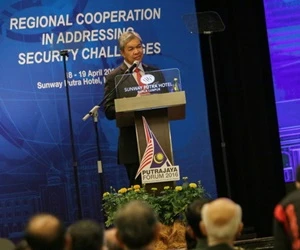 Malaysia and the European Union will resume negotiations on their free trade agreement (FTA) in May and June. (Photo: New Straits Times Online)
Malaysia and the European Union will resume negotiations on their free trade agreement (FTA) in May and June. (Photo: New Straits Times Online)
Kuala Lumpur (VNA) – Malaysia and the European Union will resume negotiations on their free trade agreement (FTA) in May and June after four years of interruption as Malaysia was focused on the Trans-Pacific Partnership (TPP) agreement.
Speaking at a seminar on prospects for Malaysia-EU relations by 2020 held in Kuala Lumpur on April 20, Secretary General of the Malaysian International Trade and Industry Ministry Tan Sri Rebecca Sta Maria said that the signing of the TPP is a motivation for both sides to restart their negotiation process halted since May 2012.
She affirmed that Malaysia has learnt a lot of lessons from the TPP negotiations which could be used in negotiating the FTA with the EU.
Chairman of the EU-Malaysia Chamber of Commerce and Industry (EUMCCI) Fermin Fautsch stated that over 2,000 European companies are operating in Malaysia alone and 11,000 in total in from the Association of Southeast Asian Nations (ASEAN).
The EU currently ranks second in terms of foreign direct investment (FDI) in Malaysia, and is the country’s third largest trade partner with total trade value reaching 38 billion USD.
The bloc signed FTAs with Singapore and Vietnam, and is in negotiations with the Philippines. It plans to start FTA negotiations with Thailand in the near future.-VNA
























